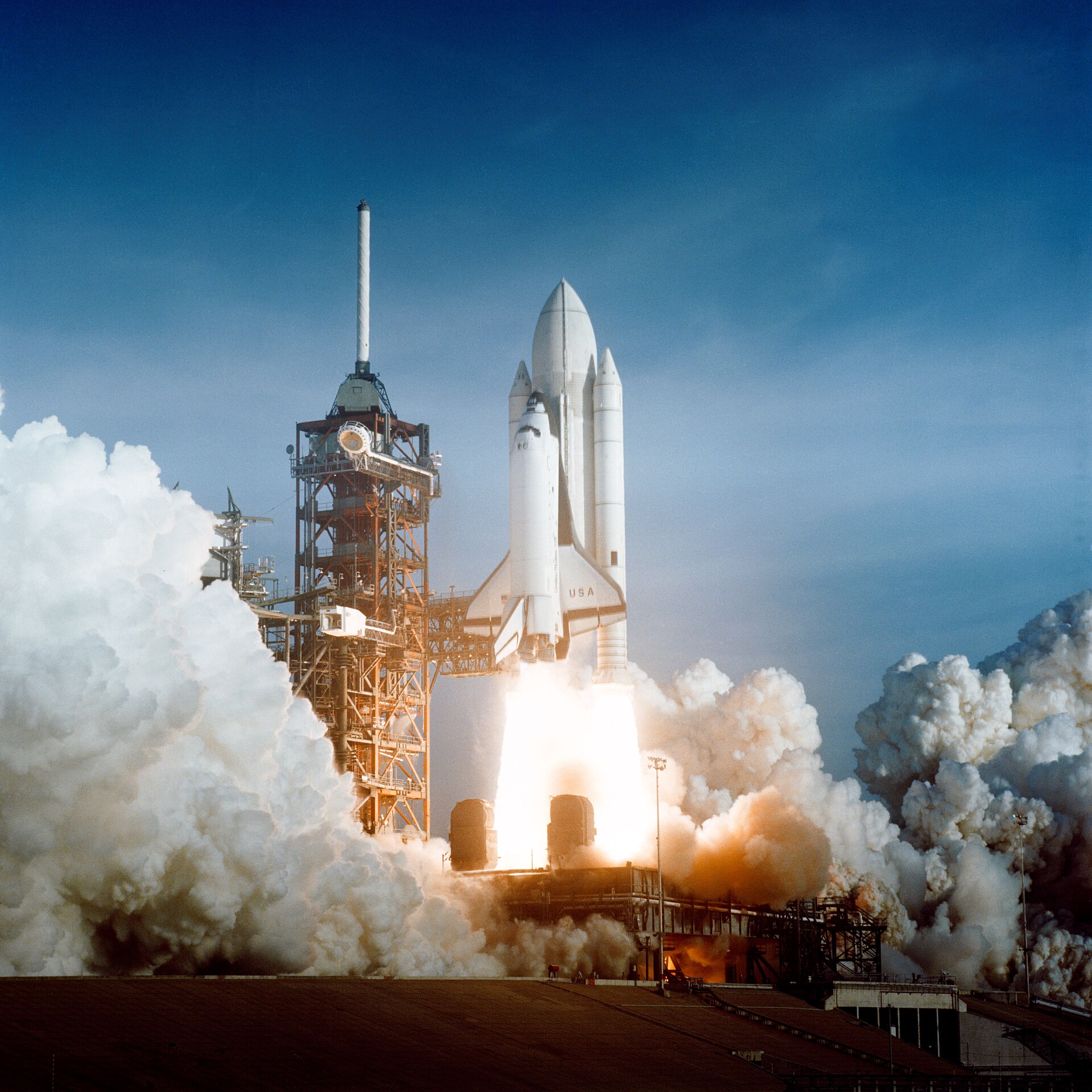In the annals of human history, the notion of traveling beyond our planet was once the stuff of science fiction. But today, it's a reality. Space tourism and commercial space travel have emerged as promising sectors in the aerospace industry. With companies like SpaceX, Blue Origin, and Virgin Galactic leading the way, this article delves into the exciting world of space tourism and commercial space travel, exploring its past, present, and future.
I. The Dawn of Space Tourism
Origins of Space Tourism
Space tourism traces its roots back to the early days of space exploration when Yuri Gagarin and Alan Shepard became the first humans in space. This sparked the idea that one day, ordinary people might venture beyond Earth's atmosphere.
Space Tourism Pioneers
Space Adventures, a U.S.-based company, was one of the earliest to offer space tourism experiences. Their collaboration with the Russian space agency allowed private citizens to visit the International Space Station (ISS).
II. The Players in Commercial Space Travel
SpaceX: Redefining Space Travel
SpaceX, founded by Elon Musk, has become a game-changer in the aerospace industry. Their reusable rockets, like the Falcon 9 and Falcon Heavy, have significantly reduced the cost of reaching space.
Blue Origin: Aiming for the Stars
Founded by Jeff Bezos, Blue Origin is focused on making space travel more accessible. Their New Shepard suborbital rocket aims to take tourists on a thrilling journey to the edge of space.
Virgin Galactic: A Galactic Experience
Virgin Galactic, led by Sir Richard Branson, has developed SpaceShipTwo, a spaceplane designed to carry tourists to suborbital space. They aim to provide a unique space experience.
III. Space Tourism: The Present
Suborbital Flights for Tourists
Companies like Virgin Galactic and Blue Origin are on the verge of offering suborbital spaceflights for civilians. These experiences promise a few minutes of weightlessness and breathtaking views of Earth.
Private ISS Visits
Private individuals and organizations can now book trips to the ISS, courtesy of companies like SpaceX. This opens up opportunities for scientific research, filmmaking, and educational outreach.
Space Tourism Costs
While space tourism is becoming more accessible, it's still a luxury experience, with tickets costing hundreds of thousands to millions of dollars.
IV. Challenges and Safety Concerns
Safety Precautions
Ensuring the safety of space tourists is paramount. Rigorous testing and training protocols must be in place to mitigate risks associated with space travel.
Environmental Impact
The environmental impact of space tourism, including rocket emissions and space debris, needs careful consideration and mitigation.
Regulations and Oversight
Governments and international bodies must establish clear regulations and oversight for the emerging space tourism industry.
V. The Future of Space Tourism
Reduced Costs
Advancements in technology and economies of scale will likely reduce the cost of space tourism over time, making it more accessible to a broader demographic.
Orbital Hotels and Space Stations
As space tourism matures, we may see the development of orbital hotels and commercial space stations, offering extended stays in space.
Moon and Mars Tourism
Ambitious plans by companies like SpaceX to colonize Mars may open up possibilities for lunar and Martian tourism in the distant future.
Space Adventure Tourism
Beyond suborbital flights, space adventure tourism may include asteroid mining excursions, lunar exploration, and interplanetary journeys.
VI. Conclusion: The Final Frontier Awaits
Space tourism and commercial space travel have embarked on a transformative journey, taking humanity beyond the confines of our home planet. As technology evolves and accessibility increases, space tourism is poised to become a thriving industry, offering ordinary citizens a chance to experience the wonder of space. While challenges remain, the allure of the cosmos continues to beckon, promising a future where the final frontier becomes an achievable destination for all.

Comments
Post a Comment